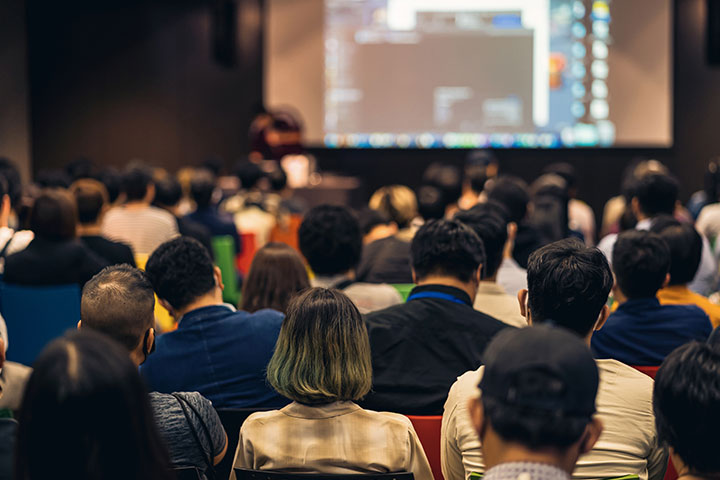Academic conference exchange objects,At academic conferences, various objects are commonly exchanged or utilized. Here are some examples:

1. Research Papers: One of the primary purposes of academic conferences is to exchange research findings and knowledge. Attendees often present their research papers through oral presentations, poster sessions, or workshops. These papers may be shared and discussed among conference participants.
2. Presentation Slides: Speakers typically create presentation slides to accompany their research presentations. These slides often contain key points, graphs, and visuals to enhance the understanding of the audience. Presentation slides may be shared electronically during the conference or made available afterward.
3. Conference Proceedings: Academic conferences often publish proceedings that compile accepted papers presented at the event. These proceedings serve as a record of the research work and are distributed to attendees. They can also be accessed online or through digital libraries.
4. Business Cards: Attendees often exchange business cards as a way to network and establish professional connections. Business cards typically include contact information such as name, affiliation, email address, and phone number. They facilitate future communication and collaboration among researchers.
5. Handouts and Brochures: Speakers or organizations may distribute handouts or brochures containing additional information about their research, projects, or services. These materials provide more in-depth details and serve as references for interested attendees.
6. Promotional Items: Some conferences provide promotional items such as pens, notebooks, USB drives, or branded merchandise. These items often feature the conference logo or sponsor logos and serve as souvenirs or useful tools for participants.
7. Collaboration Requests and Proposals: Conferences offer opportunities for researchers to find potential collaborators. Attendees may exchange collaboration requests or proposals, discussing potential joint research projects or partnerships during networking sessions or formal meetings.
8. Feedback and Suggestions: Conference attendees engage in discussions, ask questions, and provide feedback on presentations or research papers. This exchange of ideas helps researchers refine their work and explore new directions for their research.
9. Knowledge and Insights: Academic conferences foster intellectual exchange, networking, and knowledge sharing. Attendees gain new insights, perspectives, and ideas through discussions, workshops, keynote speeches, and panel sessions.
It's important to note that the specific objects exchanged at academic conferences may vary depending on the nature of the conference and the field of study.

